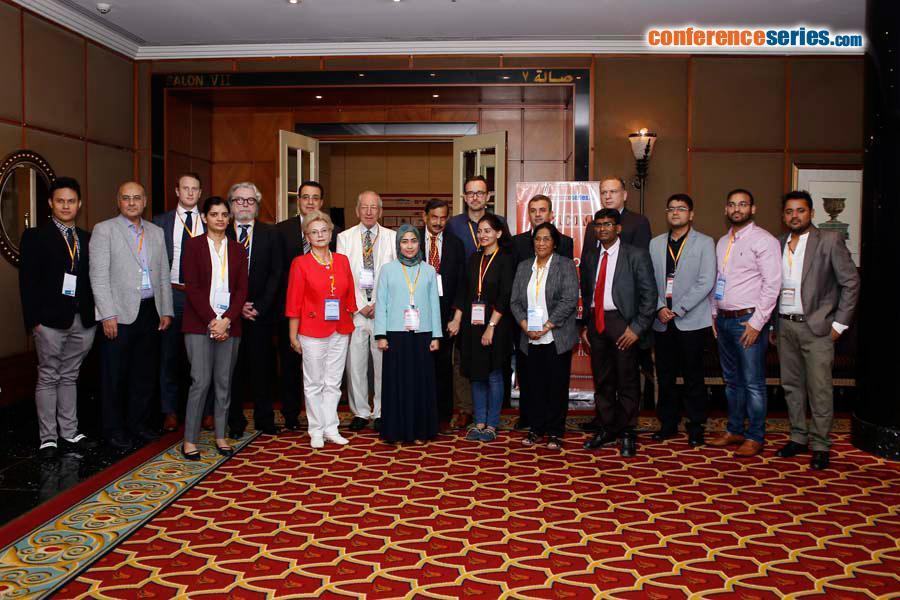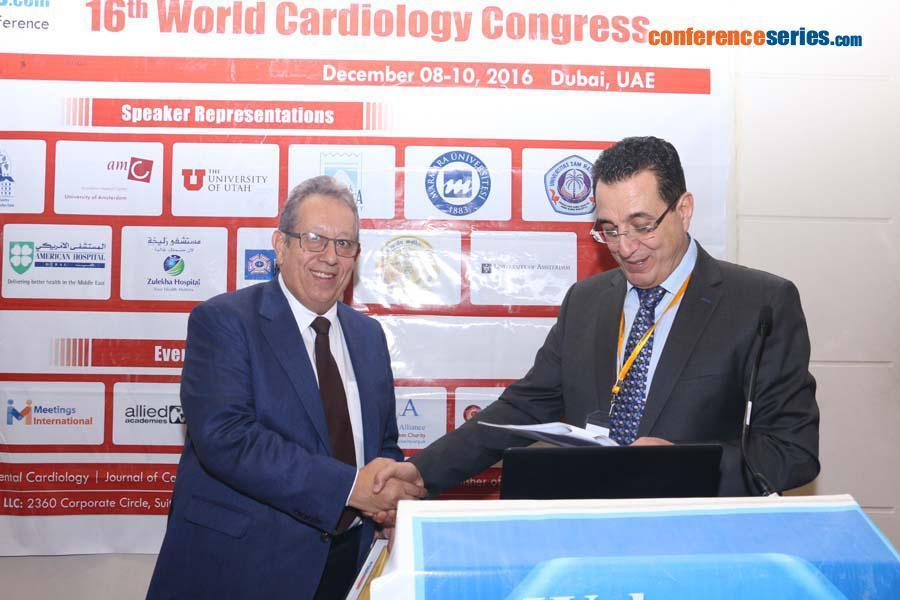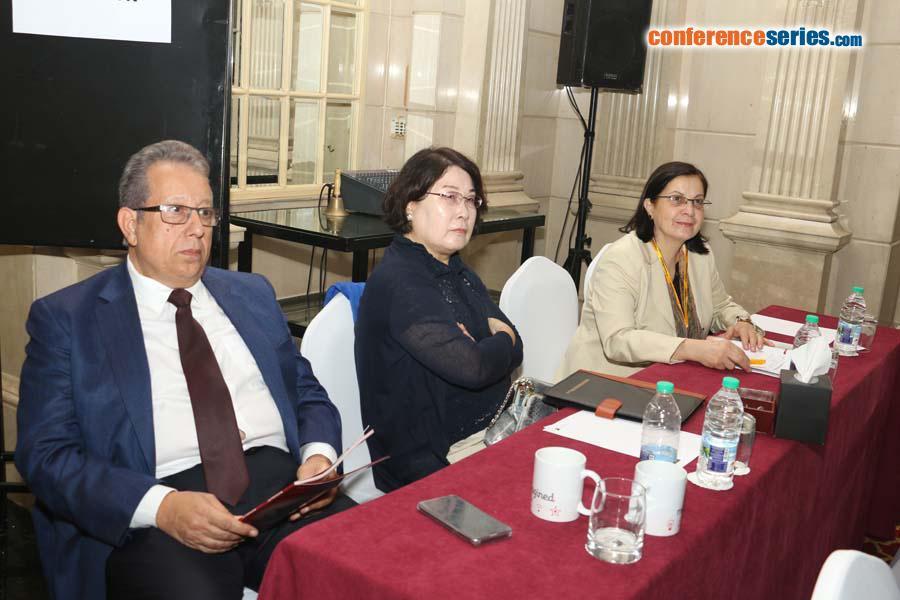
Ashraf Reda
Menofiya University, Egypt
Title: Updates of dyslipidaemia management and the role of PCSK 9 inhibitors
Biography
Biography: Ashraf Reda
Abstract
Dyslipidaemia is a major health problem worldwide is is one of the major cardiovascular risk factors. LDL.C lowering is proved to be the main drive for reduction of CV events in high risk patients. However, whether this benefited is derived mainly from the lipid lowering itself (lipid hypothesis) or from statin therapy and its pleotropic effects (Statin hypothesis) is a debatable issue. Recently the IMPROVE-IT it trial has given more supportive evidence for the lipid hypothesis and the “lower is the better “concept using a combination therapy. The current guidelines recommend moderate or high intensity statin therapy as the principle lipid lowering strategy after CV risk assessment. One of her most important and promising lipid lowering therapy is PSCK9 inhibitor, which are monoclonal antibodies targeting PCSK and increase recycling and availability of LDL receptors with significant LDL-C reduction. This promising new lipid lowering therapy could be used in familial hypercholesterolemia cholesterolemia, patients with statin intolerance or statin resistance and those who couldn’t archive the LDL-C goals of therapy




